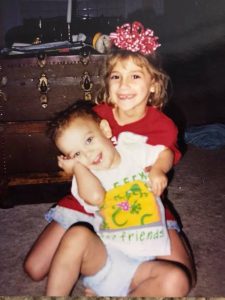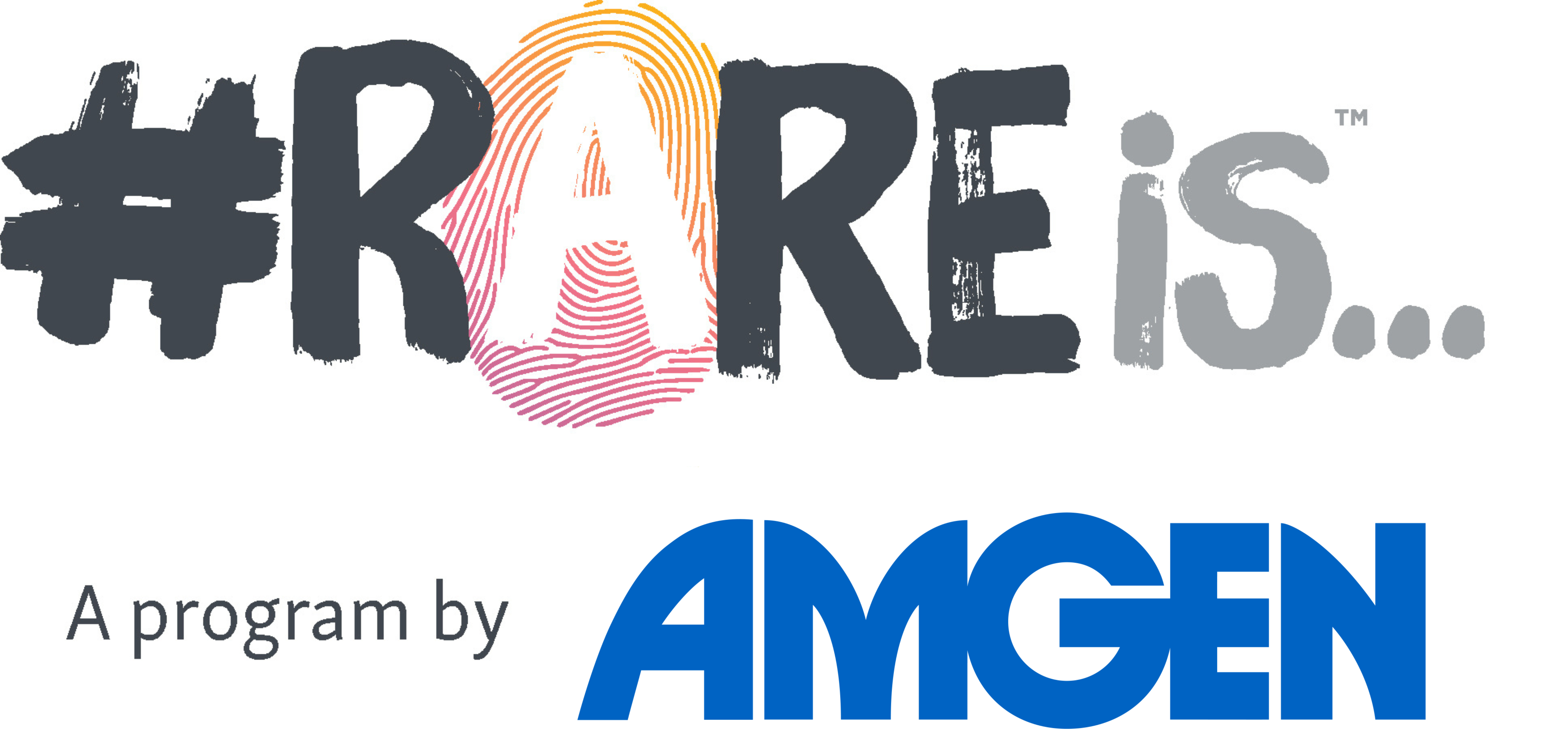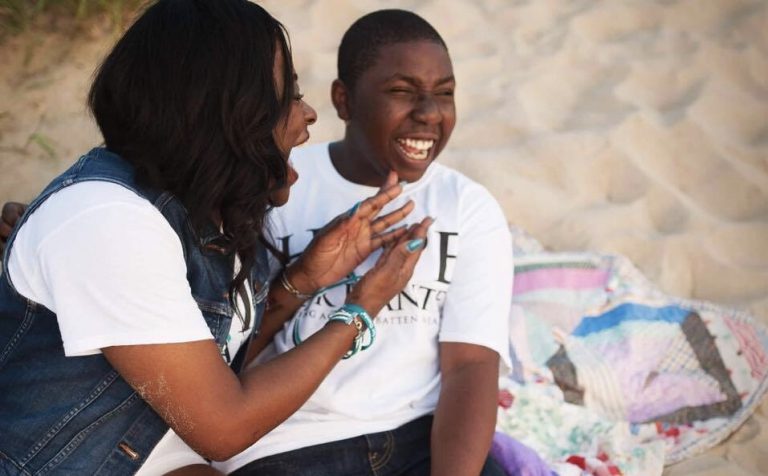Julia's Story
I was five when my brother was born. To his big sister, he was absolutely perfect. But along the way, he didn’t hit his developmental milestones, and my parents were concerned. When he was three, he was diagnosed with Fragile X Syndrome, a rare, genetic disorder that causes intellectual disability, behavioral and learning challenges, and various physical characteristics. Shortly after his diagnosis, I learned of my carrier status, and all that it entailed.
I guess because I found out so young, my carrier status has always been a part of who I am, a part of my identity. I always knew that I would have a 50-50 chance of passing either the pre-mutation or full-mutation onto my children. My friend groups always knew about my little brother. We were close growing up, but even when I was in high school my friends knew about him and about his Fragile X. They knew about my Fragile X. My mom is a teacher, and she used to come into my classrooms, from elementary school through high school, to teach my classes a short genetics lesson about FXS, and how it affects my brother and me.

I never realized what great practice all this was for my future. I have had two significant romantic relationships in my life. My high school sweetheart knew early on in our relationship about my Fragile X. It was a part of the “meet the family” phase of our relationship. This was soon after we started dating because my parents wanted to get to know him. After all, I was a teenager at the time. I felt secure in our relationship regarding my Fragile X carrier-status. It was never a concern. I continued to date him for several years after high school. As we continued to become more serious, my parents paid for us both to go to a National Fragile X Association Annual Conference, where following a session on being a father to a child with FXS he asked my dad for my hand in marriage. Our engagement lasted 6 months, until he broke it off, finally admitting, “I’m not okay with the fact that our kids might not be normal.”
I don’t tell that story to make it feel like your rare carrier status will prevent you from a romantic relationship, but to warn that not everyone can cope with it. That is why I feel it is so important to have these conversations early on. When I told my husband about being a carrier, it was in the “getting to know you” phase of our relationship. I gave him a mini genetics lesson and explained what being affected by FXS looks like in my brother, and what it can look like in individuals who are not as high functioning as my brother.
I asked my husband recently about his initial reaction to that conversation. He told me that he never saw it as derogatory because I shared it as if it was just a feature of who I was. He shared that he had to redirect his expectations of what it might mean in our relationship, that we may or may not have children. He said, “You talked about it; you educated me on it. It gave me time to understand it and gave me time to figure out how it would affect the rest of my life. It never bothered me, just seeing how it affects you, knowing you might pass it on.”
I asked him, as a receiver of the information, what recommendation he might have to someone preparing to have that conversation with their significant other. He said, “It really depends on the kind of relationship you have and the expectations you have. If you are dating someone who is really focused on having kids, disclosing early on is best since it could be a ‘make or break’ situation, even if two people really want to be together.” I agree. Hopefully, if it’s something your significant other can’t accept, you can learn early on in the relationship so neither of you invest so much of your hearts that you later come to an impasse as to how to proceed in the relationship, or, as was my case, they break your heart too late for you to salvage much of it. But if they are the right one, they may tell you what my husband told me, “I’ve never been against having a child with Fragile X, I just wanted this life with you, whatever that meant.” If your significant other is the right one for you, you won’t have to worry about their reaction, because they’ll be willing to face what comes with you no matter what.
About Julia Apodaca-Lane
Julia is a licensed social worker and mental health therapist who is passionate about disability advocacy in part due to her own experience. She sits on the board of the nonprofit group Remember the Girls which promotes the needs of and awareness for female carriers of X-linked genetic diseases, being a carrier of Fragile X Syndrome herself. Additionally, she served a term on the Tuscaloosa Junior Board of the Alabama Autism Society and has contributed as a blogger on disability advocacy websites.

